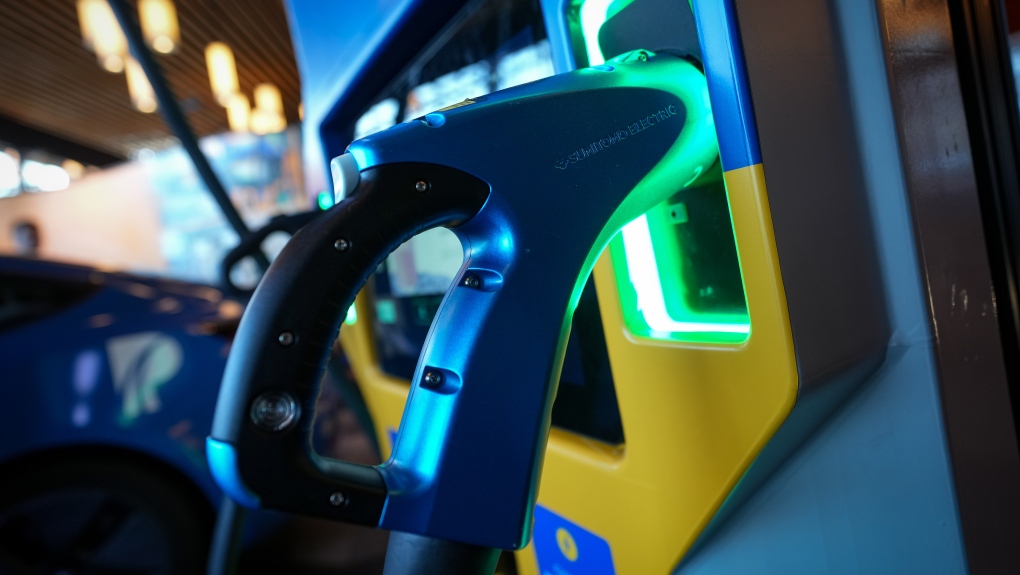Unless policies or technologies change, the ownership cost of electric vehicles (EVs) needs to decrease by 31 per cent if Canada to wants to reach its sales target of 60 per cent EVs by 2030, according to a new report released Thursday by Parliamentary Budget Officer Yves Giroux.
Last December, the federal government unveiled its Electric Vehicle Availability Standard that outlined zero-emission vehicle sales targets for automakers. The standard requires all new light-duty sales in Canada to be electric or plug-in hybrid by 2035. There are also interim targets of at least 20 per cent of all sales being EVs by 2026 and 60 per cent by 2030.
Those federal government targets come as growth forecasts for auto companies have plateaued and concerns about charging infrastructure persist. The price of EVs has also pushed the cars out of reach for many consumers. According to the Canadian Black Book, the average cost of an EV was $73,000 in 2023.



deleted by creator
Are you saying tow trucks shouldn’t exist? How about delivery vehicles for those living in remote areas that can only serviced by ice roads or airplanes?
Canada is a vast nation and most of it doesn’t have rail services … which all run on diesel btw. I understand gov’ts should have been upgrading transportation services over the last 3 decades, but they didn’t, and we can’t do it all overnight to make up for it.
deleted by creator
There are regional parts suppliers that have daily/weekly routes that are several hundred kms long. They provide stuff from auto parts, plumbing fittings, and everything in between, often allowing local businesses to get parts quickly without needing to invest in massive warehouses to store larger deliveries or pay extreme delivery fees. These delivery services can be essential to small towns or rural living.
I agree with your points about ridiculous commutes and such, and large cities should defintely be investing in transit and density. Car centric planning is bleeding our cities and our cities are where we should focus improvement.
deleted by creator
I don’t think it would be detrimental, but try convincing the business owners that, try convincing the parts delivery owners that, try convincing the guy waiting on his furnace parts that 3 weeks an acceptable wait time, have fun firing the delivery driver.
We need a slower solution to transition. Get all those suburban commuters into an EV and let delivery vehicles use gas while we get better battery technology or heavily invest into rail again.
Canada used to harvest ice blocks from the lakes and ship them to tropical climates for ice boxs and whiskey on the rocks. People died on the ice, on the boats and everywhere in between. We have always been a ridiculous society that throws away a lot to cater to a few.
deleted by creator
Im all for trains, but i don’t see a train stopping to drop off 3 parcels. Unfortunately we atill need road based deliveries unless we want to completely rethink our economy. There is also the factor that quality of life was a lot lower in most rural areas before these services
deleted by creator